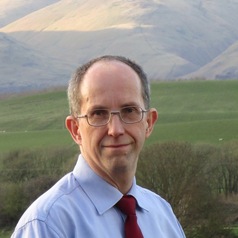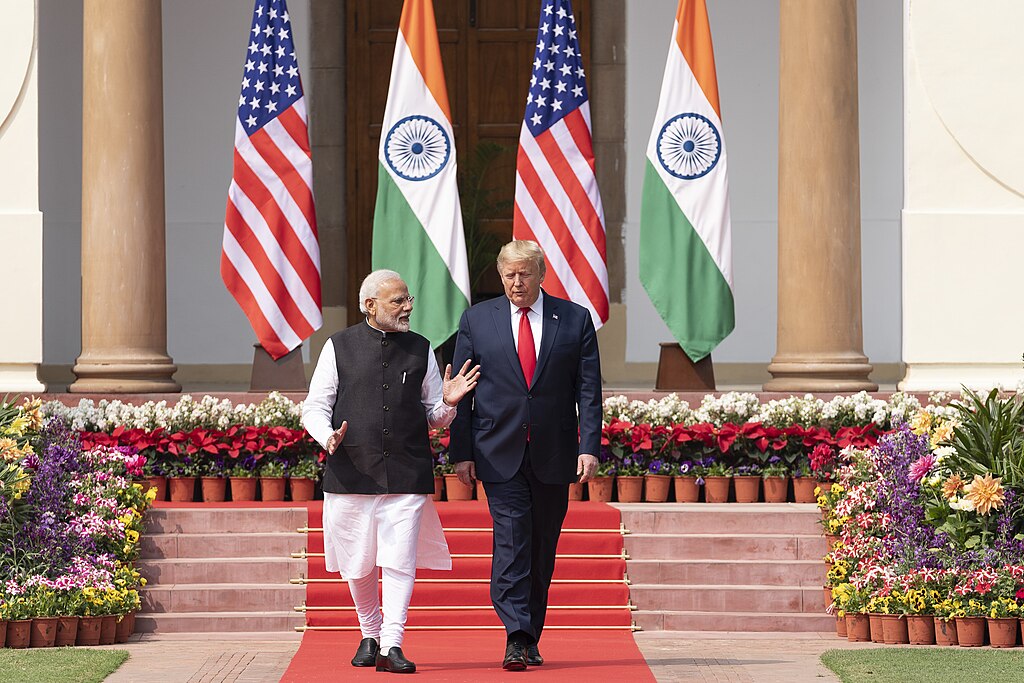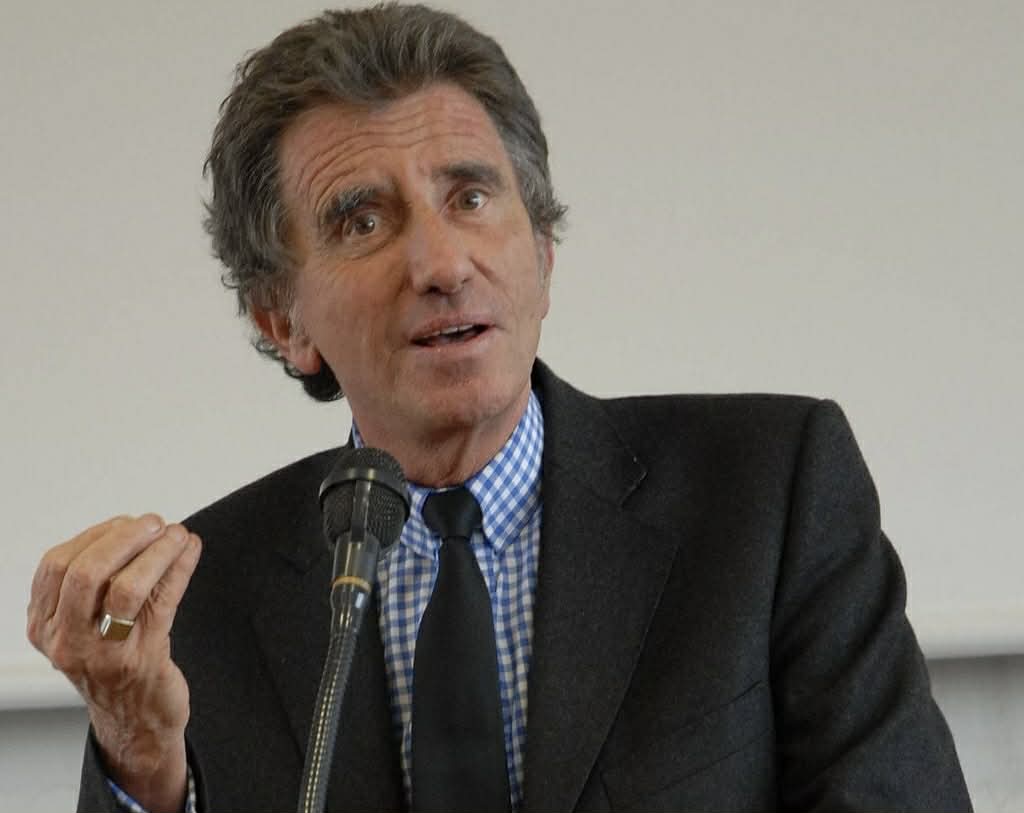
Adam Kleczkowski
Professor of Mathematics and Statistics, University of Strathclyde
Having graduated and obtained his PhD from the Jagiellonian University in Poland, Adam worked at Forschungszentrum Juelich in Germany before moving to the UK. He worked at the University of Cambridge and University of Strathclyde and currently holds a Global Talent Chair in Mathematics at the University of Strathclyde in Glasgow, Scotland. He has so far published 53 papers (h-index 21).
Adam has over 30 years’ experience of working on mathematical and statistical models of human, animal and plant disease systems at the interface of epidemiology, socio-economics and policy. After his PhD in theoretical physics, he started applying mathematical models to modelling measles and other infectious diseases, first at Juelich and then at Cambridge. He then joined the Plant Sciences Department at Cambridge, starting a life-long fascination with plant pests and diseases.
Since 2007, while continuing the work on plant pests and pathogens, he became interested in adding the human decision dimension and economic impact to the epidemiological modelling. Together with collaborators, he used a computer game and surveys to study how people modify their behaviour in response to the influenza-like epidemic. He also studied the pandemic influenza outbreak in 2010, worked on forest pests and diseases in the UK, and modelled international trade in plant material. His recent work includes developing a plant pest decision support system for Defra and the Scottish Government. Adam also recently started writing a blog on 'Maths, Statistics and Life' at http://statisticallyinsignificant.uk

COVID is running rampant in China – but herd immunity remains elusive
Jan 24, 2023 05:37 am UTC| Health
After nearly three years of keeping COVID under control, China is experiencing a massive new wave of COVID infections. The official figures reporting 60,000 deaths between December 8 and January 12 are widely seen as...

How monkeypox epidemic is likely to play out – in four graphs
Jun 21, 2022 21:51 pm UTC| Health
The first case of monkeypox in a human was reported in 1970 in the Democratic Republic of the Congo. Since then, there have been many monkeypox outbreaks, but they have been self-limiting, with chains of human transmission...

Four ways the coronavirus pandemic could now unfold
Mar 26, 2020 16:15 pm UTC| Insights & Views
The COVID-19 pandemic has already caused several thousand deaths, widespread health problems, massive anxiety and economic losses. Most people are concerned with what happens day by day as we wait for control measures to...
- Market Data








































